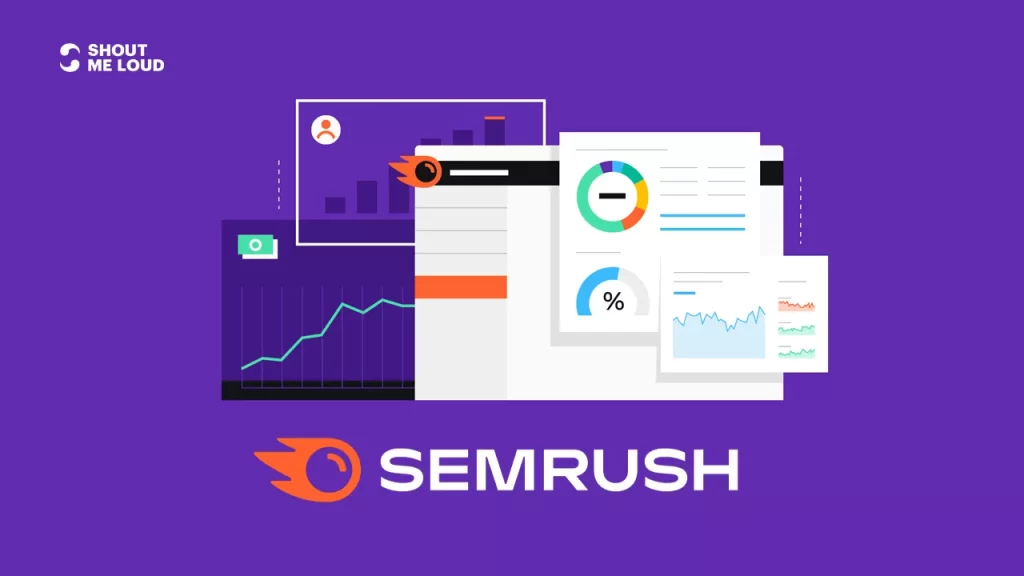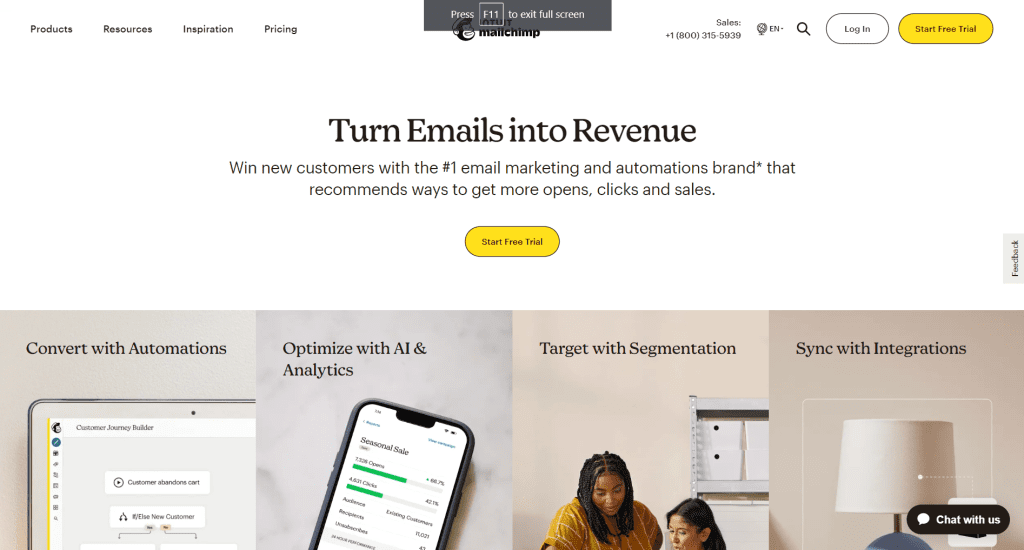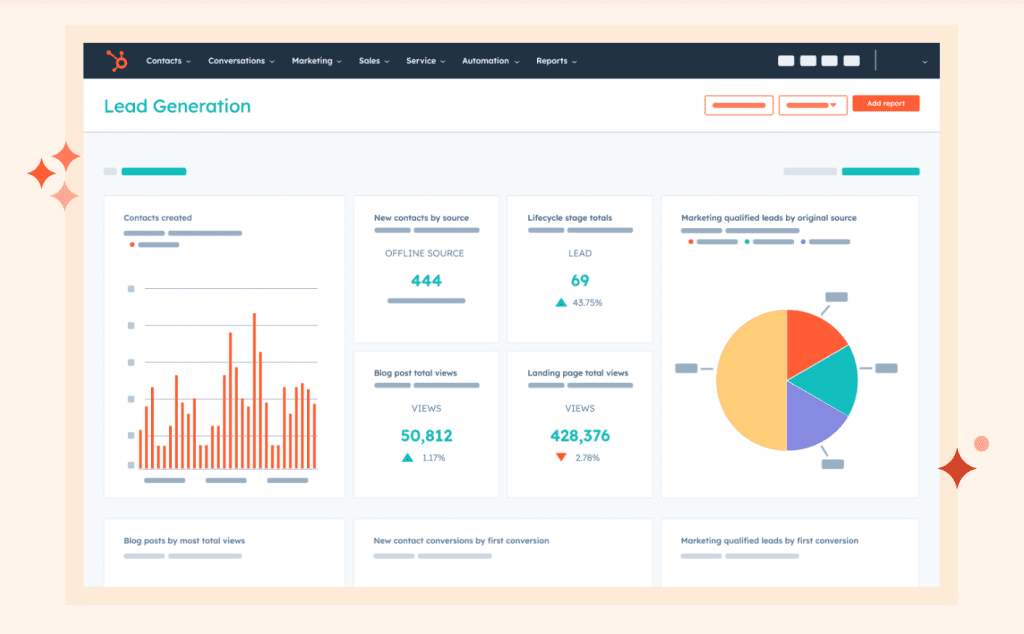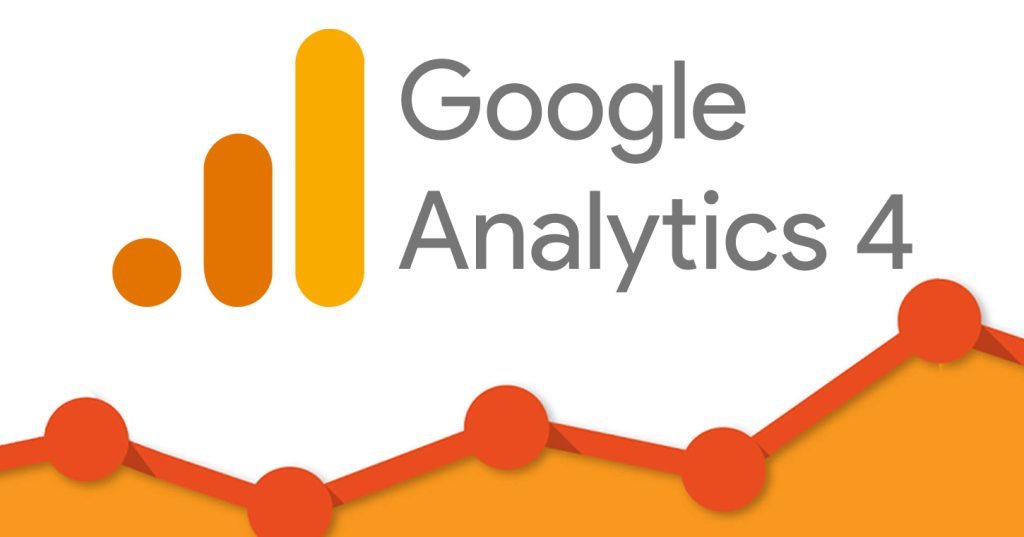Exploring the Top 5 Digital Marketing Tools
In today’s digital age, businesses of all sizes harness the power of digital marketing to reach their target audience. The key to optimizing these efforts often lies in the strategic use of digital marketing tools. These innovative solutions help marketers streamline processes, track results, and ultimately, bolster their online presence.

Understanding Digital Marketing Tools and Their Significance
Digital marketing tools encompass software and platforms that help businesses execute, manage, and analyze their online marketing efforts. From search engine optimization (SEO) to social media marketing, content creation, and analytics, these tools equip marketers with essential data and capabilities to conduct effective campaigns.
The right set of tools can significantly enhance your efficiency and effectiveness in digital marketing. They allow for better targeting, personalization, automation, and data-driven decision-making. With the right tools, marketers can take the guesswork out of their strategies and base their decisions on tangible data and insights.
Criteria for Choosing the Right Digital Marketing Tool
While there’s a vast sea of digital marketing tools available, choosing the right one depends on various factors including your budget, marketing goals, and technical requirements. It’s crucial to consider your team’s proficiency, the tool’s usability, its compatibility with your existing systems, and the specific marketing tasks you wish to accomplish. Only then you can find a tool that truly aligns with your needs.
Overview of the Top 5 Digital Marketing Tools
The subsequent sections provide a detailed review of the top five digital marketing tools that are acclaimed for their features, usability, and effectiveness. These tools have stood the test of time and have consistently delivered outstanding results for businesses worldwide.

1. SEMRush
SEMRush, an all-in-one marketing toolkit, is favored by many digital marketers for its comprehensive features ranging from SEO to social media tracking. The platform provides valuable insights into your website’s performance, competitive analysis, keyword research, and backlink tracking, among other features.
However, while SEMRush excels in offering a broad spectrum of features, it might be overwhelming for beginners. Furthermore, the tool’s extensive capabilities come at a relatively high cost, making it less accessible for small businesses or startups on a tight budget.
Pros:
- Comprehensive and versatile features
- Strong keyword research capabilities
- An excellent competitive analysis tool
Cons:
- Might be overwhelming for beginners
- Relatively high cost

2. MailChimp
For businesses focusing on email marketing, MailChimp stands out as a leading tool due to its user-friendly interface and extensive customization options. From designing newsletters to managing email lists and tracking campaign performance, MailChimp is a powerhouse in the realm of email marketing.
One downside is that while MailChimp offers a free version, advanced features require a subscription to one of their paid plans. Moreover, users have noted that the tool’s extensive features can have a steep learning curve.
Pros:
- User-friendly interface
- Extensive customization options
- Excellent for email marketing campaigns
Cons:
- Advanced features require a paid plan
- May have a steep learning curve due to the numerous features

3. HubSpot
HubSpot, a renowned inbound marketing platform, offers a suite of tools that encompass CRM, content management, SEO, and social media. With HubSpot, businesses can streamline their marketing, sales, and service efforts under one roof.
While HubSpot is praised for its comprehensive offerings and excellent customer support, it can be pricey, especially for small businesses. Additionally, due to its extensive features, the platform might require a significant time investment to fully understand and utilize.
Pros:
- Integrates marketing, sales, and service efforts
- Excellent customer support
- Wide range of tools
Cons:
- Can be pricey, especially for small businesses
- Requires significant time investment to fully utilize

4. Hootsuite
Hootsuite, a platform dedicated to social media management, helps businesses schedule posts, engage with their audience, and monitor social media performance. This tool is ideal for businesses that manage multiple social media accounts and need a centralized platform to handle their activities.
However, some users have found Hootsuite’s analytics features to be less comprehensive compared to other standalone analytics tools. Furthermore, while Hootsuite does offer a free plan, it’s quite limited, and more comprehensive features require a paid plan.
Pros:
- Centralizes social media management
- Allows scheduling posts and audience engagement
- Suitable for businesses with multiple social media accounts
Cons:
- Analytics features might be less comprehensive than other tools
- The free plan is limited; more comprehensive features require a paid plan

5. Google Analytics
Google Analytics, a free web analytics tool offered by Google, allows businesses to track website traffic, user behavior, and ROI for online marketing. It’s a critical tool for understanding your audience’s interactions with your website and making data-driven marketing decisions.
However, Google Analytics has a steep learning curve due to its comprehensive and intricate data presentation. Additionally, some users find the sheer amount of data available to be overwhelming.
Pros:
- Comprehensive tracking of website traffic and user behavior
- Enables data-driven marketing decisions
- It’s free
Cons:
- Steep learning curve
- Some users may find the extensive data overwhelming
Choosing the Best Fit: Aligning Tools with Business Goals
Having explored the top five digital marketing tools individually, it’s now essential to compare them side-by-side to help you choose the tool best suited for your business. Remember, there’s no one-size-fits-all solution. The perfect digital marketing tool can streamline your campaigns, but the ‘perfect’ tool differs from business to business, depending on unique needs and goals.
Deciding on Your Digital Marketing Arsenal
As we’ve seen, the world of digital marketing tools is vast and varied. Making the right choice boils down to understanding your business goals, your team’s capabilities, and your budget. So take some time, reflect on your specific needs, and select the tools that align best with your objectives.
Frequently Asked Questions (FAQs)
Q1: Is it necessary to use digital marketing tools?
A: While it’s possible to conduct digital marketing without tools, using them can significantly increase efficiency, provide valuable insights, and save time.
Q2: Should I use all the tools mentioned above?
A: It depends on your needs. Each tool has specific strengths, and you should choose the ones that align with your business goals and marketing strategy.
Q3: Are there free digital marketing tools?
A: Yes, many digital marketing tools offer free versions. However, these usually come with limited features.
Embracing the Digital Marketing Journey
Don’t just read about these tools – dive in and start exploring. Digital marketing is a journey, and these tools are your companions, helping you navigate through challenges, seize opportunities, and drive your business toward success. So take the first step today, and embrace the world of digital marketing!
